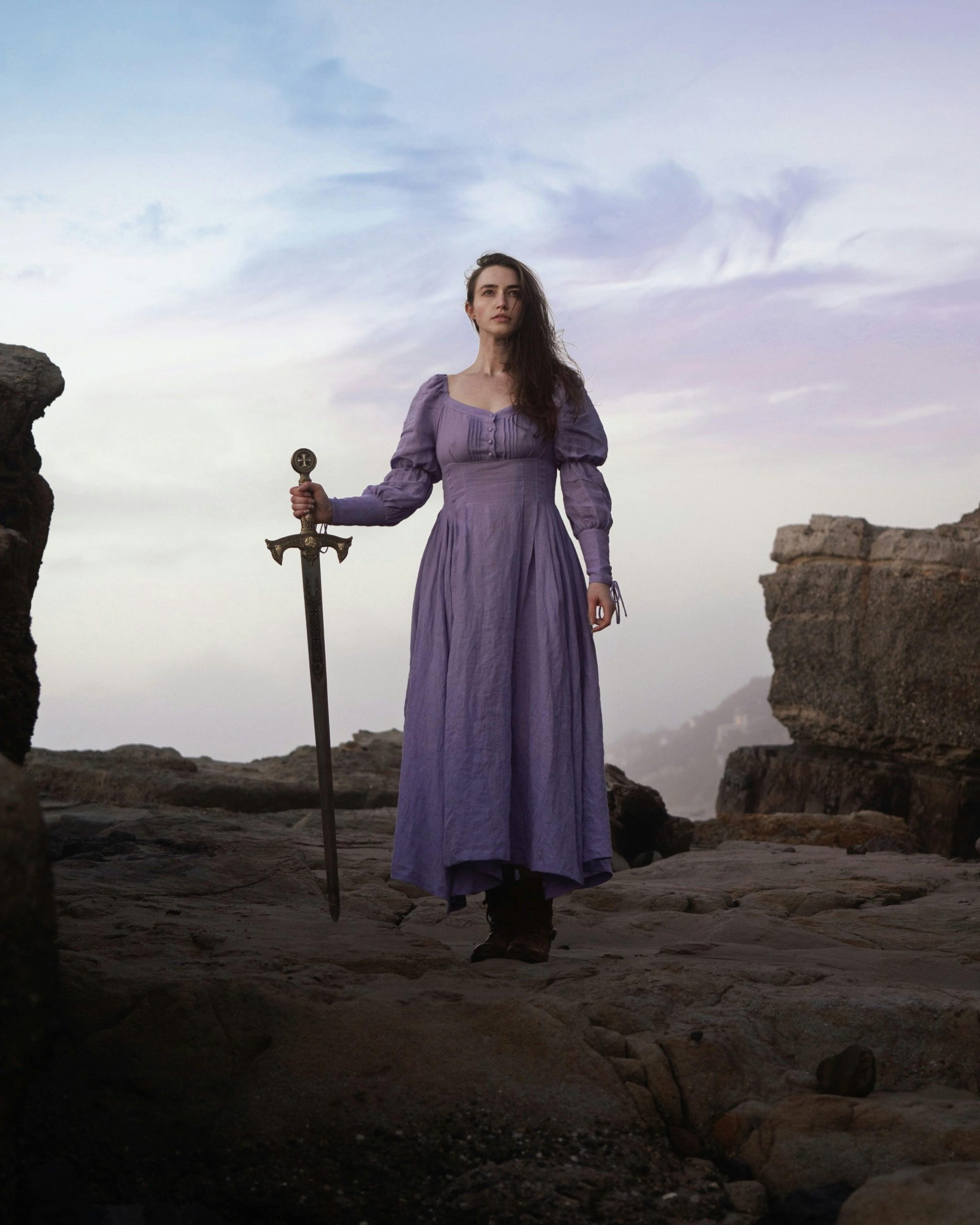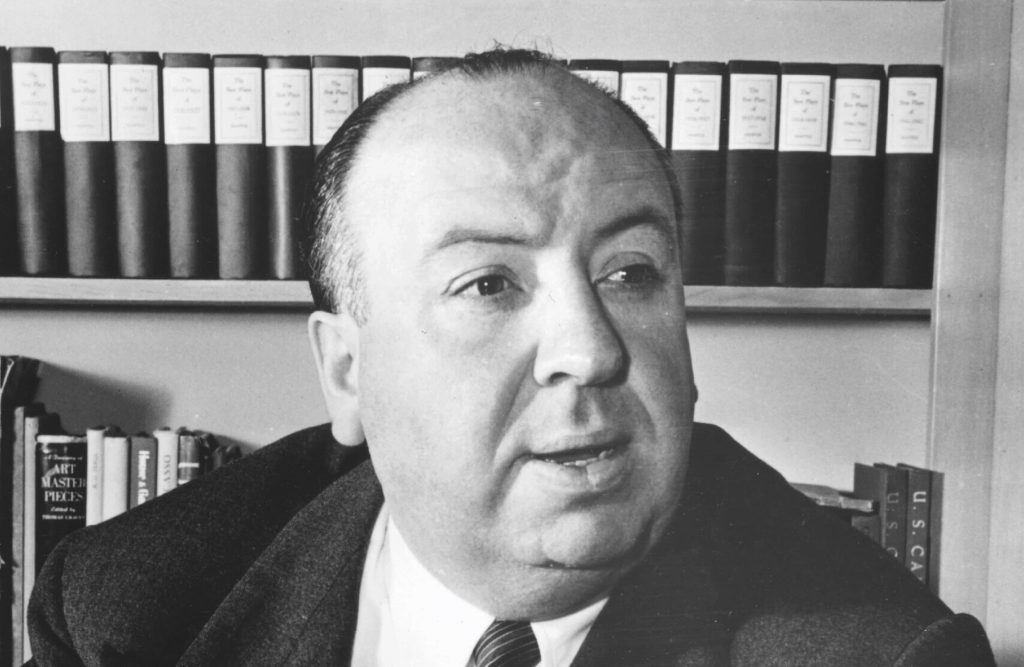In the sprawling realms of cinema, where dragons soar and wizards weave spells, fantasy films have long transported audiences to lands unknown, guided by age-old tropes and archetypes. Yet, as the golden age of storytelling evolves, a question emerges from the shadows of enchanted forests and ancient castles: should fantasy films break free from the shackles of tradition? As the genre continues to captivate imaginations, this article delves into the heart of fantasy’s most enduring motifs, exploring whether the time has come for filmmakers to chart new courses through the mythical and the magical. Join us on a journey beyond the familiar, as we weigh the allure of timeless tales against the promise of uncharted narratives.
Reimagining Fantasy: Breaking the Chains of Conventional Narratives
In an era where audiences crave fresh perspectives and innovative storytelling, the fantasy genre stands at a crossroads. The allure of traditional tropes—such as the destined hero, the wise old mentor, and the ultimate battle between good and evil—has been the backbone of countless beloved films. However, the repetition of these motifs often limits the scope of creativity and risks alienating viewers who yearn for something new. Embracing diverse narratives and challenging conventional archetypes can breathe new life into fantasy films, inviting audiences into worlds that are as unpredictable as they are enchanting.
- Subverting Expectations: By turning classic tropes on their head, filmmakers can surprise and engage audiences in unexpected ways.
- Expanding Cultural Horizons: Incorporating mythologies and storytelling traditions from underrepresented cultures can enrich the fantasy landscape.
- Complex Characters: Moving beyond one-dimensional heroes and villains allows for richer character development and more nuanced storytelling.
As fantasy films explore these new territories, they not only honor the imaginative spirit of the genre but also pave the way for a more inclusive and dynamic cinematic future. The key lies in balancing the familiar with the novel, ensuring that the magic of fantasy remains, while its narratives evolve.

The Allure of the Unseen: Exploring New Worlds Beyond Familiar Tropes
The fantasy film genre has long been a canvas for imaginative storytelling, yet it often leans heavily on a set of familiar tropes that, while beloved, can sometimes stifle innovation. Breaking away from these traditional narratives can open up opportunities for fresh, engaging worlds that captivate audiences in new ways. Imagine a landscape where dragons are not just fire-breathing beasts but complex characters with intricate societies, or where the classic hero’s journey is replaced by a more nuanced exploration of moral ambiguity and personal growth.
- Complex Characters: Moving beyond archetypes to create multi-dimensional personas.
- Diverse Mythologies: Drawing inspiration from underrepresented cultures and folklore.
- Innovative World-building: Designing environments that challenge traditional settings and narratives.
- Unpredictable Plotlines: Crafting stories that defy expectations and surprise viewers.
By stepping outside the bounds of the expected, filmmakers can offer audiences a fresh perspective on what fantasy can be. This not only rejuvenates the genre but also broadens its appeal to a wider range of viewers, eager to explore the uncharted territories of imagination.

From Dragons to Diversity: Expanding the Fantasy Genres Horizons
As the fantasy film genre continues to evolve, there’s a growing call to transcend the well-trodden paths of traditional tropes. While dragons, enchanted forests, and heroic quests have their charm, a fresh approach could invigorate the genre and attract a broader audience. Diversity in storytelling not only reflects the rich tapestry of human experience but also invites viewers into worlds where they can see themselves represented in new and exciting ways.
- Innovative Storylines: Moving beyond the predictable can lead to narratives that explore unique cultures, mythologies, and perspectives.
- Inclusive Characters: Embracing a wider range of protagonists and supporting characters can challenge stereotypes and provide depth.
- Unexplored Themes: By shifting focus from age-old battles of good versus evil to more nuanced themes, fantasy films can address contemporary issues.
Ultimately, stepping away from traditional tropes opens the door to endless creative possibilities, making the fantasy genre more reflective of the diverse world we live in.

Crafting the Future of Fantasy: Innovative Storytelling in a Changing World
In the realm of fantasy films, the pull of traditional tropes like the ‘chosen one’ or the ‘damsel in distress’ has long provided a familiar comfort to audiences. Yet, as the world shifts, there is a growing call for narratives that reflect more diverse experiences and perspectives. Embracing innovative storytelling means moving beyond well-trodden paths to explore richer, more varied narratives that resonate with a wider audience. This evolution can bring to light unique cultures, unheard voices, and complex characters that challenge the conventional.
- Redefining Heroism: Moving away from the singular hero’s journey to explore collective efforts and shared triumphs.
- Subverting Archetypes: Offering fresh takes on classic roles, such as making the villain a misunderstood hero or the mentor flawed and fallible.
- Incorporating Real-World Issues: Weaving in themes like climate change or social justice to provide a deeper, more relevant context.
Such changes not only enrich the storytelling landscape but also ensure that fantasy films remain a dynamic and evolving art form. By breaking free from traditional constraints, creators can craft stories that are both innovative and reflective of the diverse world we live in.









